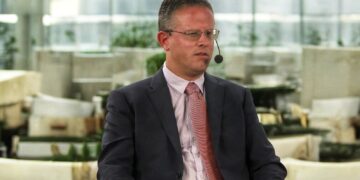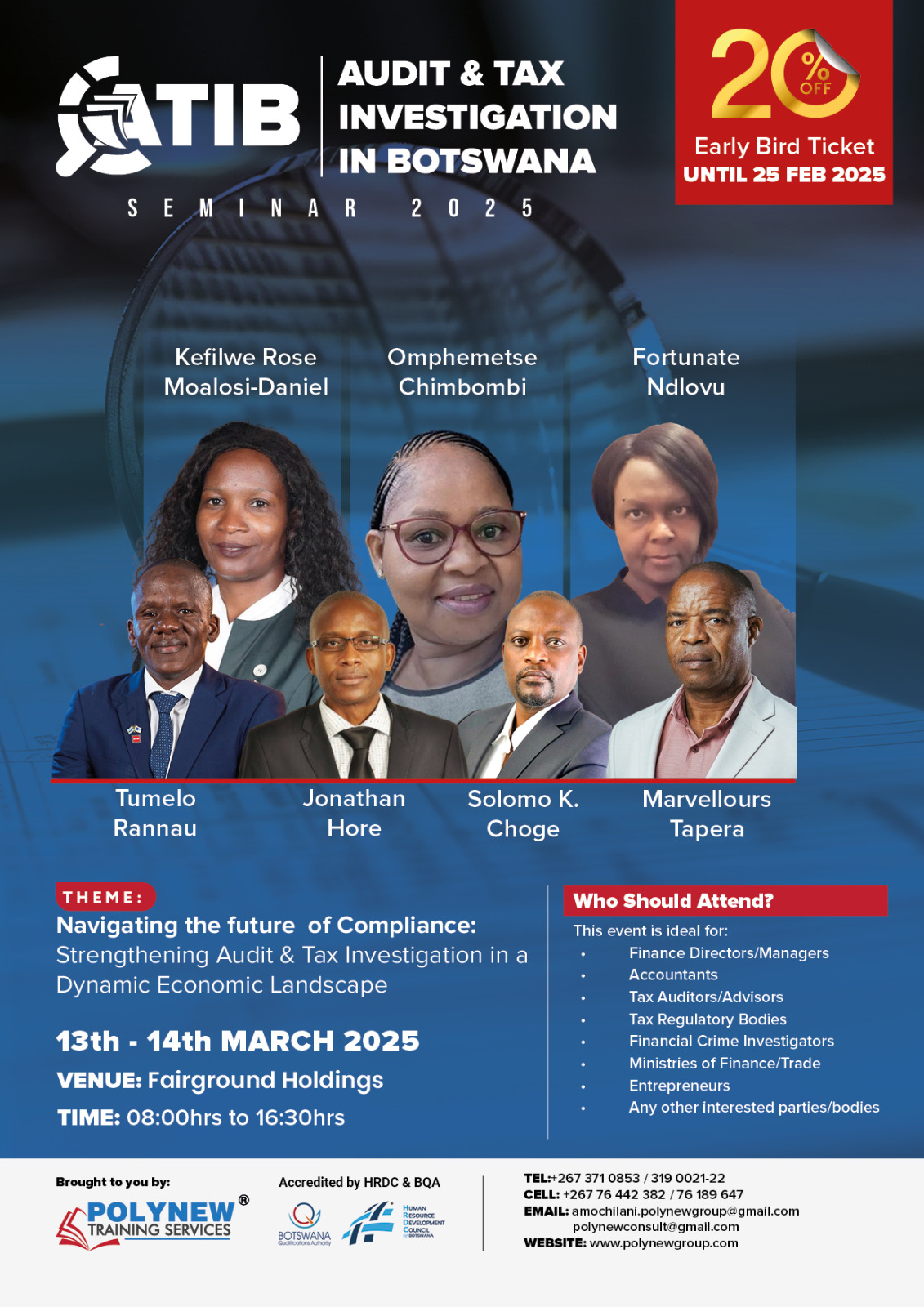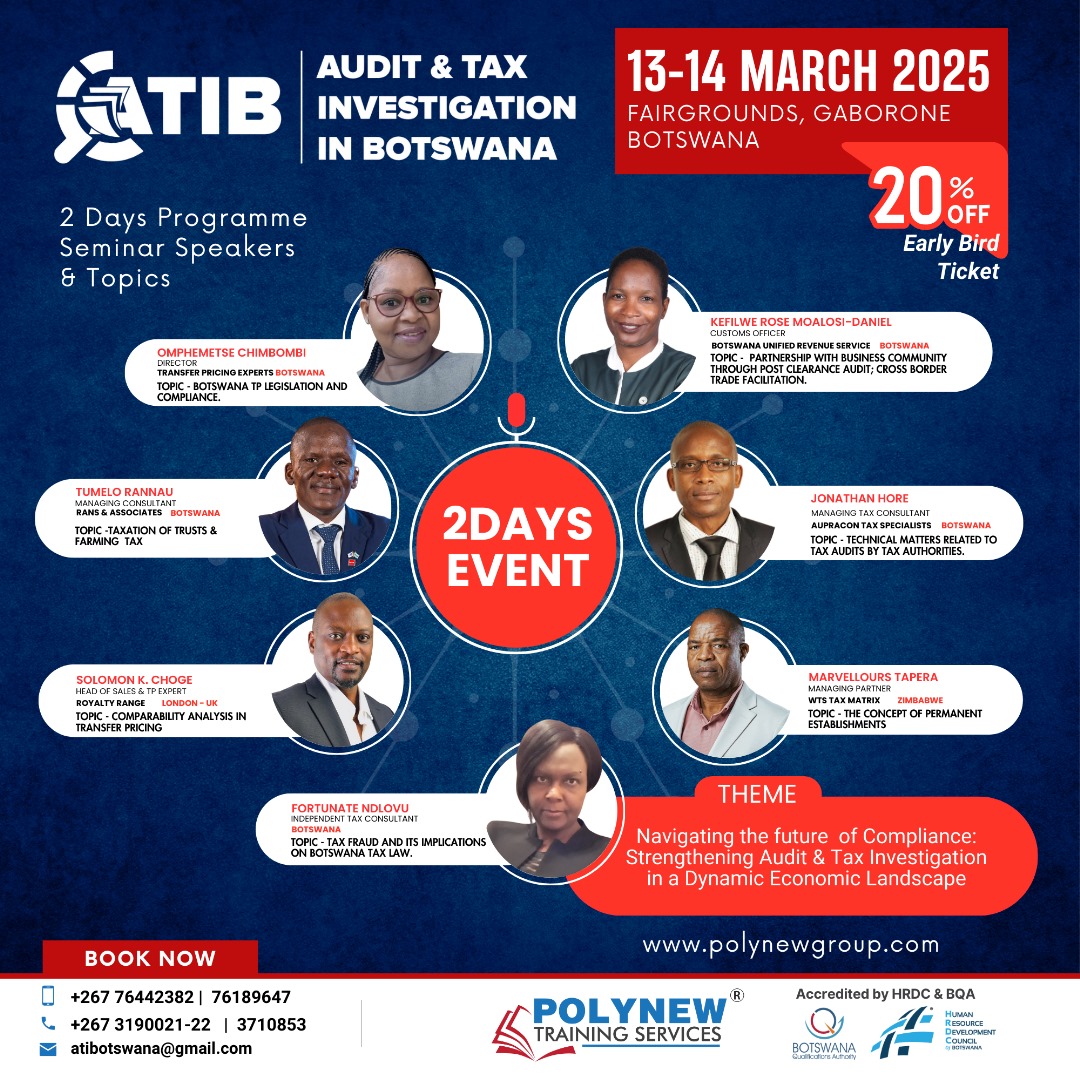- Tumelo Rannau
Vice President of the Republic of Botswana and Minister of Finance, Ndaba Gaolathe delivered his maiden budget speech on the 10th of February 2025. As tax remains among the important sources of revenue for the country, he dedicated a few paragraphs to how his government intends to increase collection of taxes. He highlighted about three ways that they will maximize tax revenue collection as the new government. These are, broadening the tax base, revenue optimization and minimizing inefficiencies and leakages.
Broadening the Tax Base
Taxation of Digital/Remote Services
One of the highlighted ways of broadening the tax base mentioned in the Budget Speech is through collection of Value Added Tax (VAT) from companies providing digital services in Botswana for any service that will be consumed in Botswana. This is targeting entities such as Google, Netflix, Amazon and other companies in the same business. This is anticipated to increase revenue collection for government with wide increase in consumption of these services by Batswana residents. Though practicalities of collection from these entities have not been outlined yet, with support from organizations such as ATAF and OECD, a simple mechanism that will be favorable to the tax authority and targeted taxpayers is anticipated.
In past engagements and consultations with BURS, they have indicated that they have been in contact with the industry association of these entities, and they are willing to assist in collection of the tax. It must be noted though that this is only anticipated to come into effect in the 2027 financial year as it is dependent on the review of tax legislation among them the Value Added Tax (VAT) Act, we expect this change to contribute significantly to the increase in government revenue.
Review of legislation
The Value Added Tax (VAT) and Income Tax Acts are currently under review and some of the changes will result in some transactions they have not been subject to taxes such as VAT be subject to VAT. For instance, gambling transactions and sale of property by a Deputy Sheriff will not be subject to VAT. This will come through the amendment of the definition of an auctioneer to include the Deputy Sheriff as the current definition does not include them as an auctioneer. Though BURS has tried to impose VAT on transactions conducted by a Deputy Sheriff in the past, the courts decided that the transaction cannot be subjected to VAT as it is not a taxable activity under the VAT Act.
Therefore, there was need to amend the definition of an auctioneer to include the Deputy Sheriff, this will align our VAT Act to countries such as South Africa that have made the definition of Auctioneer wide and specifically mention a Deputy Sheriff in there. With newspaper adverts and other advertising spaces always having matters handled by a Deputy Sheriff, there is no argument that it will increase the net of those who are subject to tax and therefore increase government revenue. As Gambling Authority has been promoting gambling in Botswana and we witness the rise of entities in the gambling space, BURS will harness this opportunity and include gambling transactions in the VAT net to increase its collections. Other elements that will result in an increase in the tax base will be highlighted when the bills are tabled before parliament.
Revenue optimization
The Minister has indicated that income tax rates for individuals earning more than P156, 000 annually (P13, 000 per month) will be increased by 1.5% to 26.5% while for companies it will go to 23.5% and 31.5% for resident and non-resident companies respectively. This is anticipated to increase government revenue by approximately P1.5 billion based on the 2023/24 income tax collection figures. It is the writer’s opinion that the 1.5% increase for individual should be targeted towards individuals earning more than P480, 000 annually (P40, 000 per month) as that is the current benchmark for return submission by BURS. A monthly salary of P13, 000 cannot be regarded as a high earner especially in the pursuit of decent wages and living.
Minimizing inefficiencies and leakages
The Ministry of Finance and BURS have been concerned about some inefficiencies in collection of different taxes within the country and at the borders which result in revenue leakage. The following measures have been proposed to deal with the inefficiencies and leakages:
Investment in technology
BURS will improve its online filing experience for taxpayers so that it is easy to pay taxes and submit returns without human intervention on their end or a need for taxpayers to visit their offices. This will ensure that the staff is involved in value-add activities that can identify non-compliance and result in increased collections.
Introduction of VAT billing machines
The introduction of VAT billing machines will ensure that there is timely reporting of transactions, and that manipulation of sales are minimized. This will result in some businesses that have not been reporting taxes now being part of the reporting channels and therefore stopping any leakages that are currently being experienced.
Enhanced inspections at the borders
BURS will also increase inspection of goods at the borders to ensure that goods and services that have been consumed or bought outside the country are declared and the related tax paid. Taxpayers engaged in buying goods outside the country should not be surprised by these developments at the border as the country grapples with closing identified gaps in the system.
Fiscal Markings and Monitoring
The country is also working on introduction of a fiscal marking and monitoring solution also known as the track and trace. The solution is aimed at protecting Excise and Customs duties collected on manufacturing and importing of tobacco and alcoholic products. While there are still industry concerns on whether this will address concerns on sale of illicit products in the country as it will be implemented by those who are already compliant, the project is anticipated to kick off in March 2026.
The use of this solution will have to be bolstered by enhanced inspections in country and ensuring that ungazetted border entries are dealt with to ensure smuggling of these goods are minimized. Otherwise, there will be no notable increase in collection of customs and excise as consumers are not generally concerned on where the goods originate but are more interested in the contents of the product.










